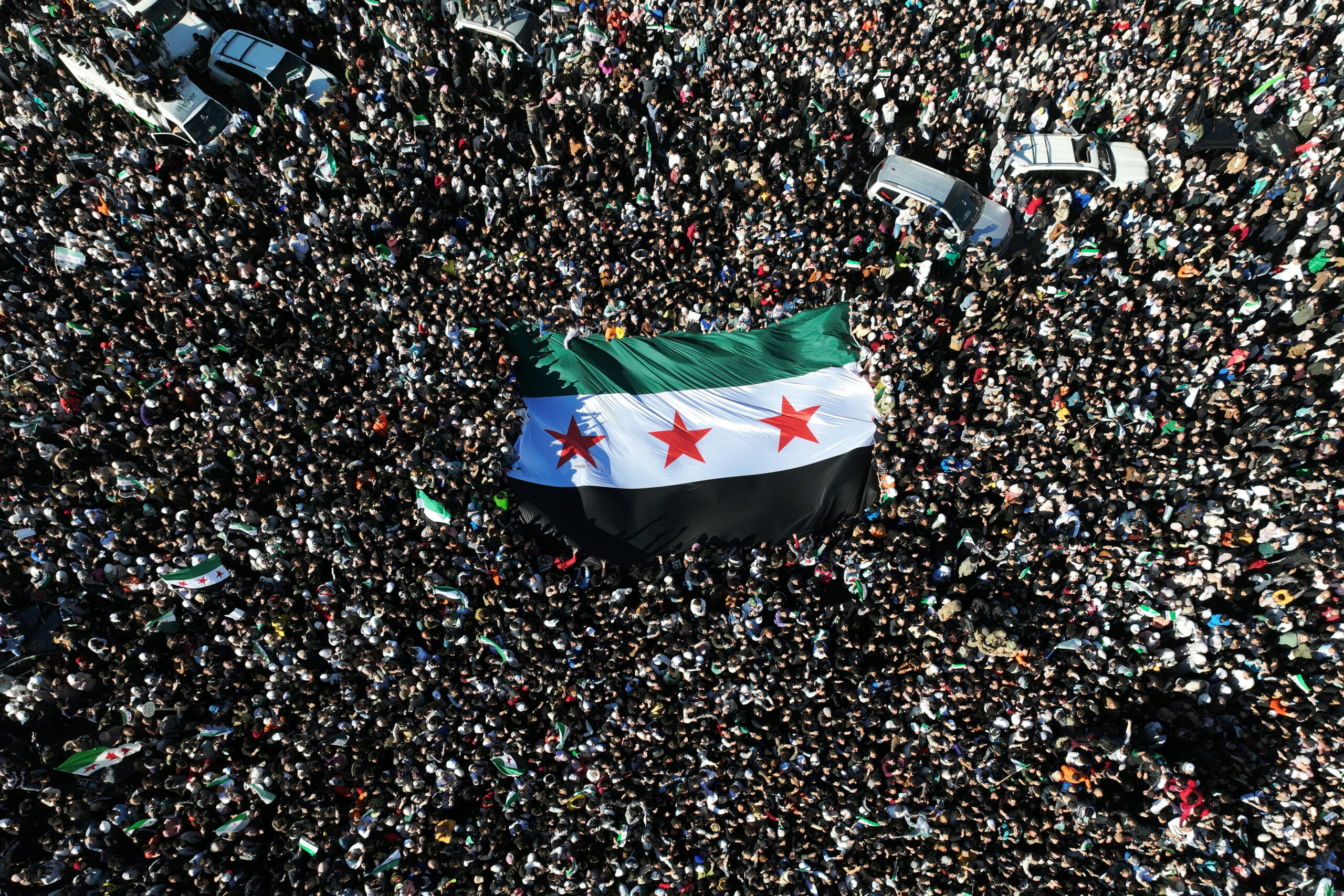Brussels – Since Nov. 27, when the rapid advance of Syrian rebels began to overturn Bashar al-Assad’s regime, “1.1 million people are displaced across the country.” The data of the United Nations Office for the Coordination of Humanitarian Affairs (OCHA) unveils the collateral damage of the Hayat Tahrir al-Sham (HTS) militia taking of Damascus, which inevitably threw large portions of territory into chaos. In response to the new emergency, the European Commission announced today (Dec. 13) the launch of a humanitarian bridge that will convey nearly 100 tons of medical and essential supplies to the Turkish-Syrian border.
Logistically, the EU’s humanitarian operation is two-fold: 50 tons of health supplies from the EU’s stockpile will stop in Dubai and then travel to Adana in southern Turkey. Another 46 tons of medicines, food, and emergency shelters will leave another EU stockpile in Denmark and head to the Turkish city a few kilometers from the Syrian border. From there, they will be delivered to UNICEF and the World Health Organization (WHO) for distribution.
Tensions are mainly in northern Syria, where clashes between different armed groups continue. In the city of Manbij, northeast of Aleppo, the Turkish-backed Syrian National Army is besieging Kurdish and Arab units of the Syrian Democratic Forces — which have been under US protection since the fight against ISIS — in an attempt to secure large portions of territory in the Northeast Syria Autonomous Administration. The offensive by the Turkish-fueled group – in which the HTS of Abu Mohammed al-Jolani (or Ahmad al Sharaa, his real name) – is not participating, according to OCHA figures, has put over 100,000 people on the run toward the interior of Kurdish-administered areas.
On the other hand, in the southwest, the Israeli army occupied the demilitarized zone in Syrian territory in the Golan Heights and pushed on to the city of Quneitra. The Israeli Air Force also carried out more than 350 bombings to annihilate Assad’s military arsenal.

“The collapse of the Assad regime offers new hope for the Syrian people. However, this moment of change also brings risks and difficulties. With the situation on the ground so unstable, our help to the Syrian people is increasingly important,” said European Commission President Ursula von der Leyen. In addition to the air operation, Brussels announced the mobilization of 4 million euros to “meet the most urgent humanitarian needs of the population.” Trauma kits, emergency shelter and support kits, sanitation supplies, and the distribution of food parcels to 61,500 people in northern Syria.
Von der Leyen said she will “further discuss the provision of humanitarian aid” at a meeting scheduled next Tuesday (Dec. 17) in Ankara with Turkish President Recep Tayyip Erdoğan. Given the stance expressed by the EU High Representative for Foreign Affairs, Kaja Kallas, on behalf of the 27 member countries that it is “essential to preserve Syria’s territorial integrity and respect its independence and sovereignty,” perhaps von der Leyen should ask the authoritarian Turkish leader to put aside expansionist aims in northern Syria. “No country pulls the blanket on its side,” Kallas had said. Who knows if von der Leyen will deliver this message to Erdogan?
English version by the Translation Service of Withub






